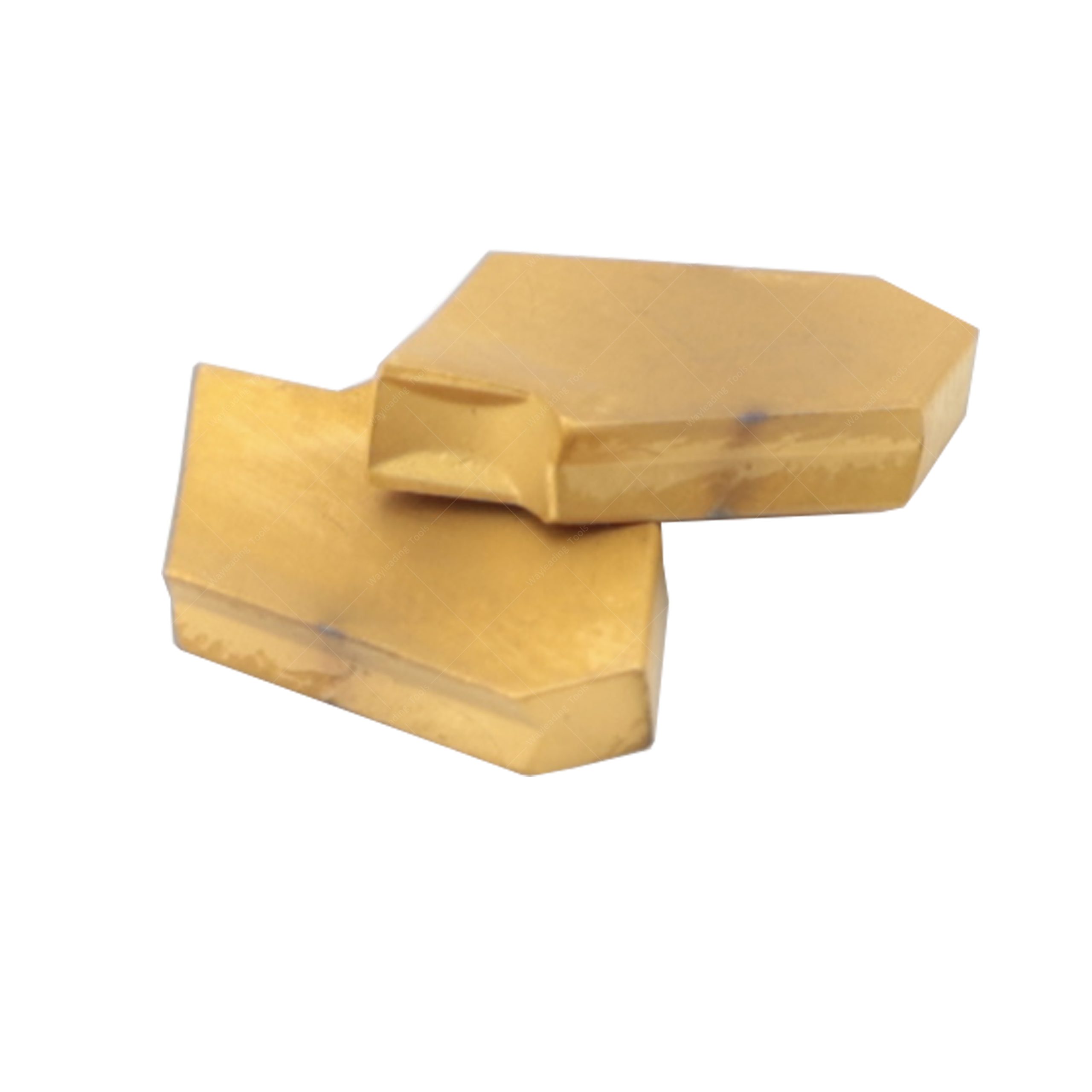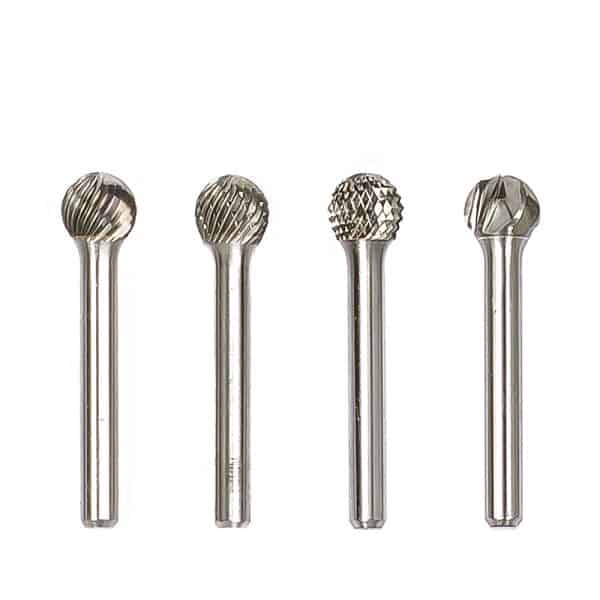Taper Shank Twist Drills Suppliers
Finding reliable taper shank twist drills suppliers can be challenging. This guide explores the essential factors to consider when selecting a supplier, the different types of drills available, and tips for optimizing your drilling operations. We’ll also cover common issues and solutions, ensuring you make informed decisions for your projects.
Understanding Taper Shank Twist Drills
What are Taper Shank Twist Drills?
Taper shank twist drills are cutting tools designed for creating holes in various materials. Unlike straight shank drills, they feature a tapered shank that fits directly into the machine spindle, providing a more secure and rigid connection. This design is particularly advantageous for larger drill sizes and heavy-duty applications. The increased rigidity reduces vibration and improves hole accuracy.
Advantages of Using Taper Shank Drills
- Enhanced Stability: The tapered shank provides a strong, stable connection, reducing the risk of slippage during operation.
- Improved Accuracy: The rigid connection minimizes vibration, resulting in more precise holes.
- Suitable for Larger Sizes: Taper shank twist drills are commonly available in larger diameters than straight shank drills, making them suitable for a wider range of applications.
- Higher Torque Capacity: The tapered shank can handle higher torque, making it ideal for drilling hard materials.
Factors to Consider When Choosing Taper Shank Twist Drills Suppliers
Material Quality
The material used in the drill bit significantly impacts its performance and lifespan. Common materials include:
- High-Speed Steel (HSS): Offers good wear resistance and toughness, suitable for general-purpose drilling.
- Cobalt Steel: Provides higher heat resistance and wear resistance compared to HSS, ideal for drilling harder materials like stainless steel.
- Carbide: Offers exceptional hardness and wear resistance, suitable for drilling very hard materials and high-speed applications.
Always check the material specifications to ensure they meet your specific drilling requirements.
Drill Bit Coating
Coatings can enhance the performance and lifespan of taper shank twist drills. Common coatings include:
- Titanium Nitride (TiN): Increases surface hardness and reduces friction.
- Titanium Carbonitride (TiCN): Offers higher hardness and wear resistance than TiN.
- Aluminum Titanium Nitride (AlTiN): Provides excellent heat resistance and is suitable for high-speed machining.
Choose a coating that is appropriate for the material you will be drilling.
Size and Type
Taper shank twist drills are available in various sizes and types, including jobber length, stub length, and taper length. Select the appropriate size and type based on your drilling application and the depth of the hole you need to create. Make sure the Morse Taper size matches your machine's spindle. Common Morse Taper sizes include MT1, MT2, MT3, MT4, MT5, and MT6.
Supplier Reputation and Reliability
Choosing a reputable and reliable supplier is crucial to ensure you receive high-quality products and excellent customer service. Look for suppliers with:
- Proven Track Record: Check online reviews and testimonials to assess the supplier's reputation.
- Quality Certifications: Look for suppliers with certifications such as ISO 9001, which indicates a commitment to quality management.
- Technical Support: Ensure the supplier offers technical support and can provide assistance with selecting the right drill bits for your application.
- Warranty: A good supplier should offer a warranty on their products to protect against defects.
Consider Wayleading Tools, a trusted provider of high-quality cutting tools with a strong reputation for reliability and customer satisfaction.
Top Taper Shank Twist Drills Suppliers (Considerations)
While we can't explicitly recommend specific suppliers without knowing your location and project specifics, here are factors to consider when evaluating potential suppliers:
- Online Marketplaces: Platforms like Alibaba, Amazon, and eBay offer a wide range of suppliers, but it's important to carefully vet each one.
- Industrial Supply Companies: Companies like MSC Industrial Supply, Grainger, and Fastenal are well-established suppliers with a wide selection of tools.
- Specialty Tool Suppliers: These suppliers specialize in cutting tools and may offer more specialized expertise and products.
Always compare prices, product specifications, and customer reviews before making a decision.
Troubleshooting Common Issues
Drill Bit Breakage
Drill bit breakage is a common issue that can be caused by several factors, including:
- Excessive Feed Rate: Reducing the feed rate can help prevent breakage, especially when drilling hard materials.
- Insufficient Coolant: Applying coolant helps dissipate heat and lubricate the cutting edge, reducing the risk of breakage.
- Misalignment: Ensure the drill bit is properly aligned with the workpiece to prevent uneven stress.
- Worn Drill Bit: Replace worn drill bits to ensure optimal performance and prevent breakage.
Poor Hole Quality
Poor hole quality can result from:
- Dull Drill Bit: Sharpen or replace dull drill bits to improve hole quality.
- Incorrect Cutting Speed: Adjust the cutting speed based on the material being drilled.
- Inadequate Clamping: Ensure the workpiece is securely clamped to prevent vibration.
Optimizing Drilling Operations
Proper Speed and Feed
Selecting the correct speed and feed is crucial for efficient and accurate drilling. Consult speed and feed charts for the specific material you are drilling. Generally, harder materials require lower speeds and feeds.
Using Coolant
Coolant helps dissipate heat, lubricate the cutting edge, and remove chips. Use an appropriate coolant for the material you are drilling.
Drill Bit Maintenance
Regularly inspect and maintain your taper shank twist drills to ensure optimal performance. Sharpen dull drill bits and replace worn ones. Store drill bits in a dry and protected environment to prevent corrosion.
Cost Considerations
While price is a factor, prioritize quality and reliability. Cheaper drill bits may wear out quickly or break, leading to increased costs in the long run. Consider the long-term value of investing in high-quality taper shank twist drills from reputable taper shank twist drills suppliers.
Conclusion
Selecting the right taper shank twist drills suppliers and understanding the various factors involved in drilling operations is essential for achieving optimal results. By considering material quality, drill bit coating, supplier reputation, and proper maintenance, you can ensure efficient and accurate drilling for your projects.
Related products
Related products
Best selling products
Best selling products-
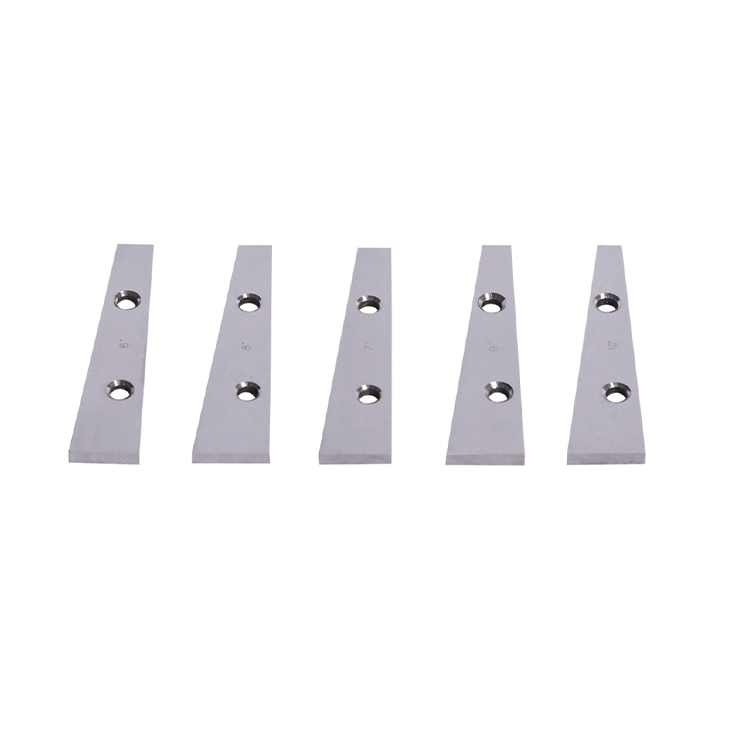 Precision 5pcs & 6pcs Angle Blocks Set With High Quality Type
Precision 5pcs & 6pcs Angle Blocks Set With High Quality Type -
 DIN4971-ISO1 Carbide Tipped Tool Bit With Right And Left Hand
DIN4971-ISO1 Carbide Tipped Tool Bit With Right And Left Hand -
 Precision Digital Bore Guage From 6-450mm Range
Precision Digital Bore Guage From 6-450mm Range -
 32 Blades Feeler Gauge From 0.04-0.88MM
32 Blades Feeler Gauge From 0.04-0.88MM -
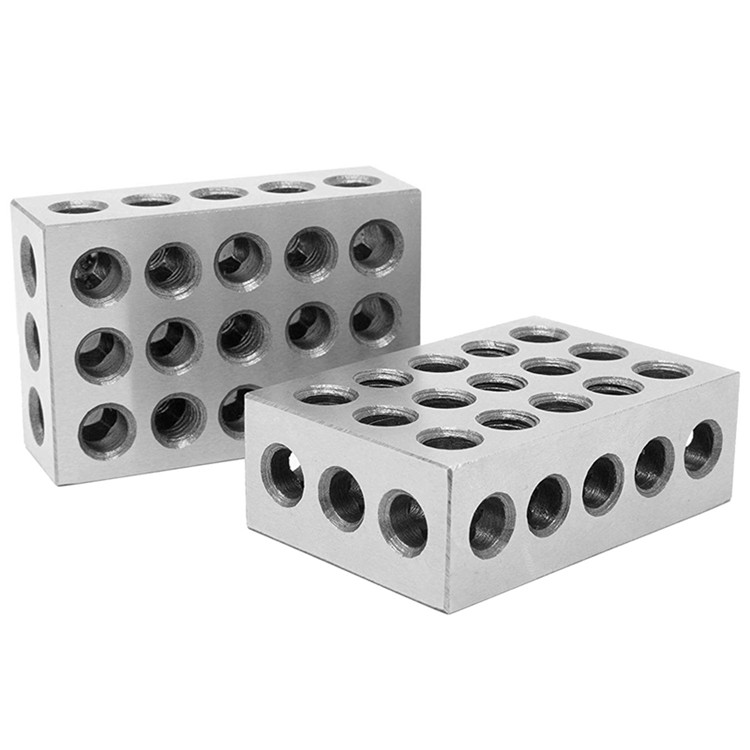 Precision 1-2-3, 2-3-4 or 2-4-6 Block With 1 And 11 And 23 Or None Hole
Precision 1-2-3, 2-3-4 or 2-4-6 Block With 1 And 11 And 23 Or None Hole -
 Precision V Block Set With High Quality Type
Precision V Block Set With High Quality Type -
 Single Wheel Knurling Tools With Straight Pattern For Industrial Type
Single Wheel Knurling Tools With Straight Pattern For Industrial Type -
 DIN333A HSS Center Drills With Milled & Fully Ground Flute
DIN333A HSS Center Drills With Milled & Fully Ground Flute -
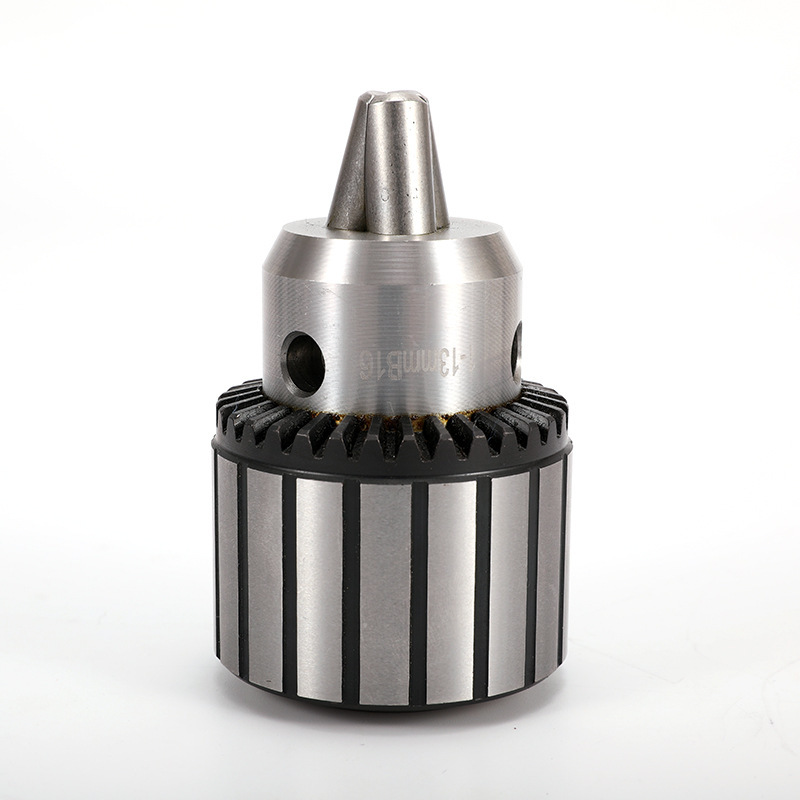 Key Type Drill Chuck With Heavy Duty Type
Key Type Drill Chuck With Heavy Duty Type -
 Precision Vernier Caliper Of Metric & Imperial For Industrial
Precision Vernier Caliper Of Metric & Imperial For Industrial -
 30PCS HSS Metric And Inch Size MINI Tap & Die Set
30PCS HSS Metric And Inch Size MINI Tap & Die Set -
 Precision IP54 Digital Outside Micrometer Of Inch & Metric With Data Output
Precision IP54 Digital Outside Micrometer Of Inch & Metric With Data Output


